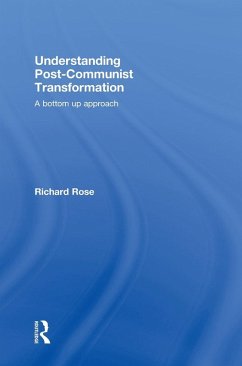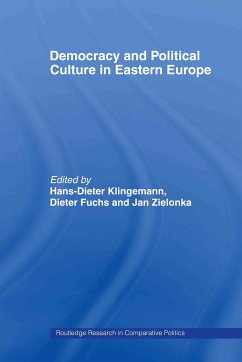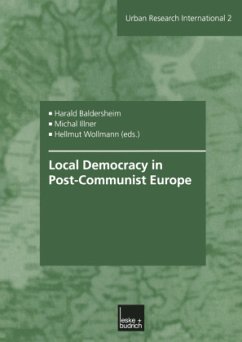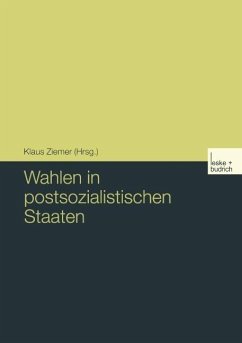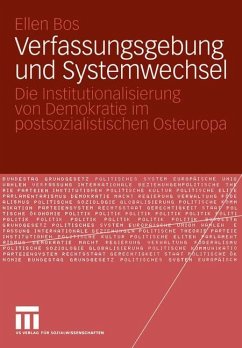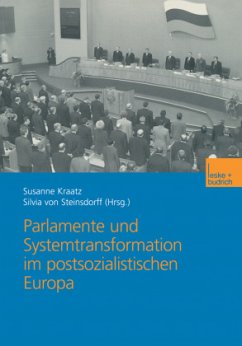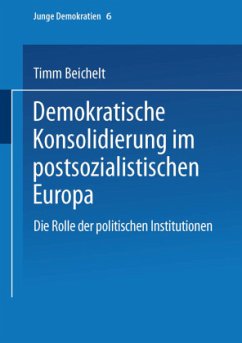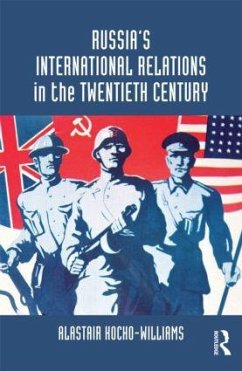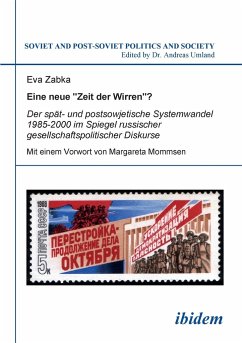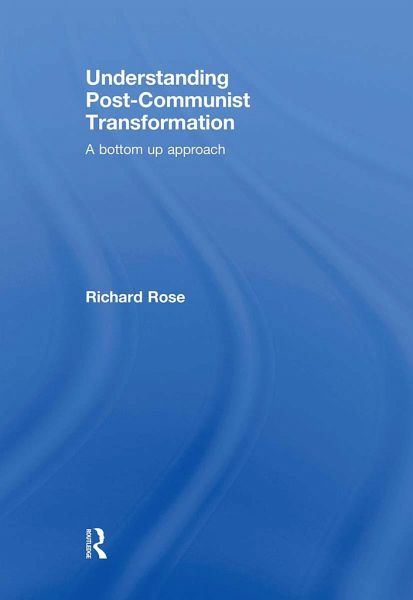
Understanding Post-Communist Transformation
A Bottom Up Approach
Versandkostenfrei!
Versandfertig in 1-2 Wochen
67,99 €
inkl. MwSt.
Weitere Ausgaben:

PAYBACK Punkte
34 °P sammeln!
The fall of the Berlin Wall launched the transformation of government, economy and society across half of Europe and the former Soviet Union. This text deals with the process of change in former Communist bloc countries, ten of which have become new European Union (EU) democracies while Russia and her neighbours remain burdened by their Soviet legacy.Drawing on more than a hundred public opinion surveys from the New Europe Barometer, the text compares how ordinary people have coped with the stresses and opportunities of transforming Communist societies into post-Communist societies and the res...
The fall of the Berlin Wall launched the transformation of government, economy and society across half of Europe and the former Soviet Union. This text deals with the process of change in former Communist bloc countries, ten of which have become new European Union (EU) democracies while Russia and her neighbours remain burdened by their Soviet legacy.
Drawing on more than a hundred public opinion surveys from the New Europe Barometer, the text compares how ordinary people have coped with the stresses and opportunities of transforming Communist societies into post-Communist societies and the resulting differences between peoples in the new EU member states and Russia.
Subjects covered by Understanding Post-Communist Transformation include:
Stresses and opportunities of economic transformation
Social capital and the development of civil society
Elections and the complexities of party politics
The challenges for the EU of raising standards of democratic governance
Differences between Russia's and the West's interpretation of political life
Written by one of the world's most renowned authorities on this subject, this text is ideal for courses on transition, post-communism, democratization and Russian and Eastern European history and politics.
Drawing on more than a hundred public opinion surveys from the New Europe Barometer, the text compares how ordinary people have coped with the stresses and opportunities of transforming Communist societies into post-Communist societies and the resulting differences between peoples in the new EU member states and Russia.
Subjects covered by Understanding Post-Communist Transformation include:
Stresses and opportunities of economic transformation
Social capital and the development of civil society
Elections and the complexities of party politics
The challenges for the EU of raising standards of democratic governance
Differences between Russia's and the West's interpretation of political life
Written by one of the world's most renowned authorities on this subject, this text is ideal for courses on transition, post-communism, democratization and Russian and Eastern European history and politics.





